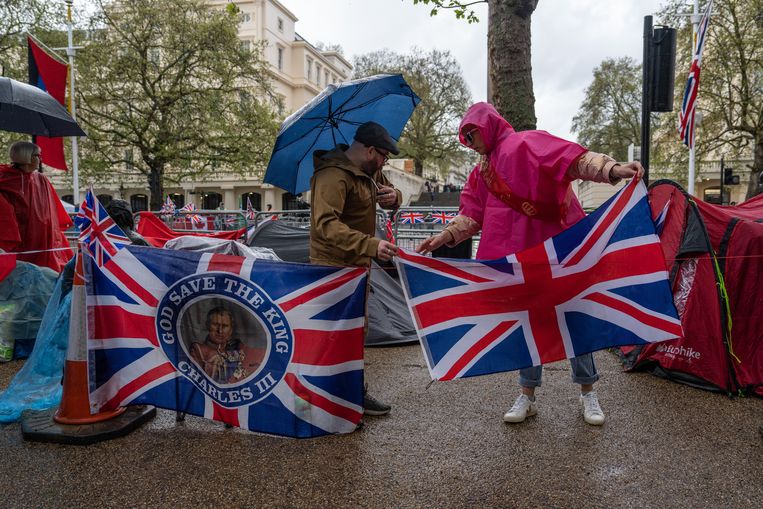British GDP could fall by as much as 0.7% in May, according to economists polled by Bloomberg. This could lead to the economy contracting in the second quarter. According to James Smith, an economist at ING, the temporary slowdown caused by the extra day off is an important reason “GDP will be negative in the second quarter.”
This will be the second time in a year that royal events have affected British growth. According to Smith, the experience of 2022, with additional vacation days in June and September, suggests that the impact has become “less pronounced than in previous years.”
For example, GDP fell just 0.1% in the third quarter of 2022, after an extra day off around Queen Elizabeth's funeral in September. This event closed most stores and catering establishments for a large portion of the day.
Sanjay Raja, an economist at Deutsche Bank, expects the additional May holiday to reduce GDP by 0.5%, contributing to a slight decline in output in the second quarter. “While sectors like hospitality and entertainment are likely to do well, other sectors will see damage from the extra lost working day,” says Raja. However, a drop in production due to an extra day off is usually followed by a rapid recovery the following month.
During Queen Elizabeth's golden jubilee in June 2002, British GDP fell by 2.2 percent that month. In June 2012, production fell by 1.4 percent due to the Diamond Jubilee celebration, and in June 2022, the Platinum Jubilee saw a decline of only 0.7 percent.

Avid music fanatic. Communicator. Social media expert. Award-winning bacon scholar. Alcohol fan.

